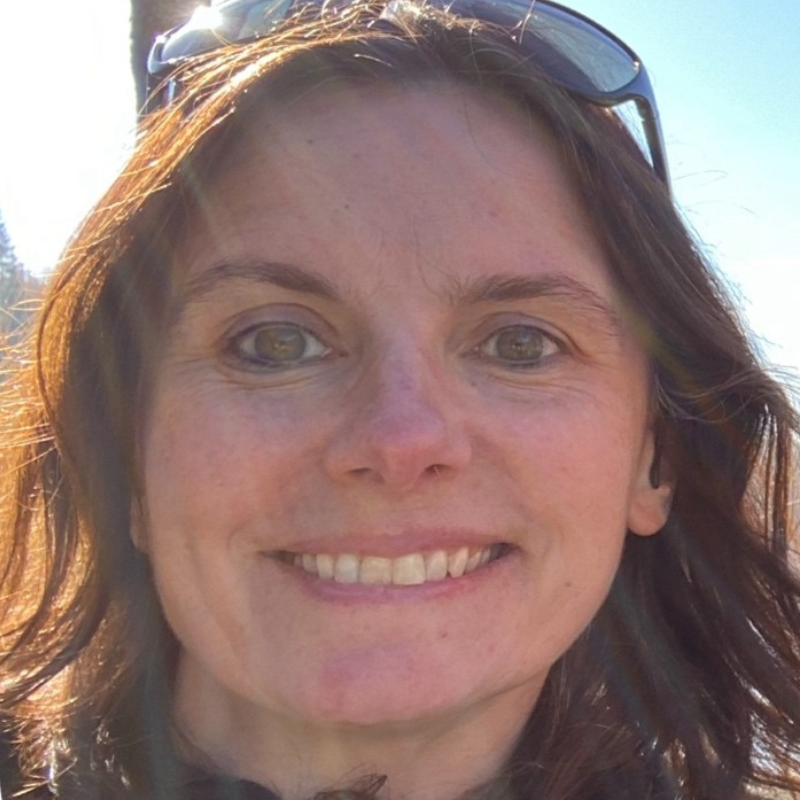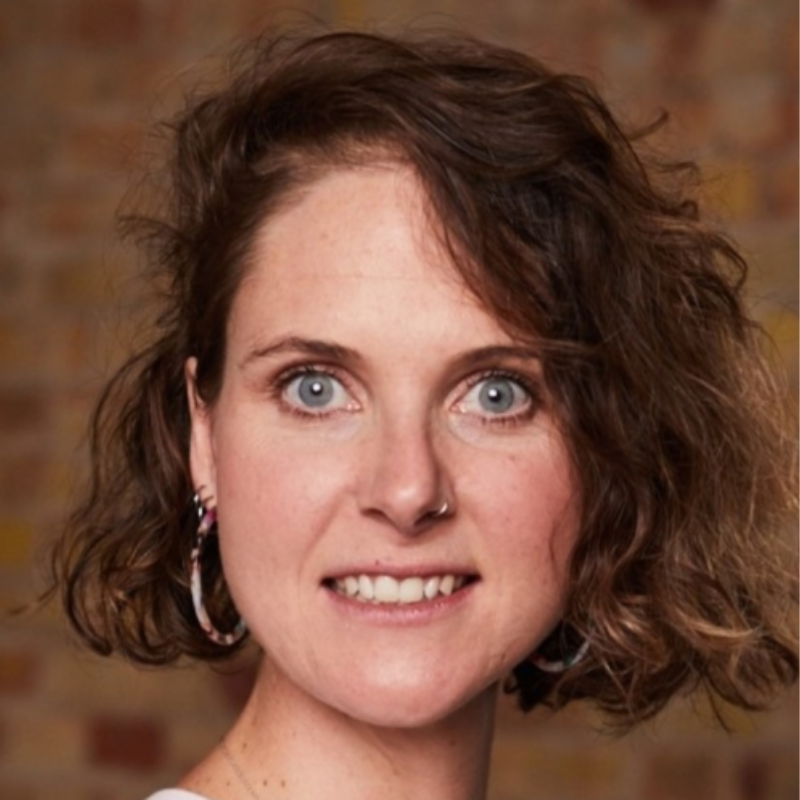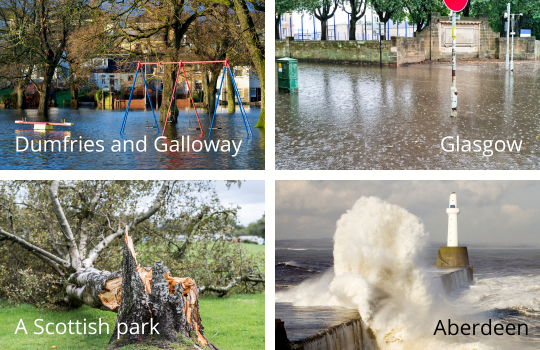Scotland is at a critical juncture in facing up to the challenges posed by climate change. Already we are more frequently experiencing the kind of extreme weather events which used to be considered exceptional. The effects are tangible and real; severe storms, flooding, power losses, transport disruption, rising insurance costs, disrupted services and even fatalities. What does Scotland need to do now to mitigate the damage that future climate-driven weather extremes will otherwise bring to people, communities, homes and businesses?
Storms and other extreme and previously unusual weather events are going to increase in frequency. The expectation is that we will face more and more of these and that they will be more and more damaging. Scotland's geographical location means, for example, that when these events occur they will bring very heavy volumes of water to places not currently equipped with the infrastructure to dispose quickly and safely of that extreme rainfall and consequential flooding. The reality and impact of extreme storm winds speaks for itself in recent occurrences. Other forms of weather extremes are also expected as the consequences of climate change continue to develop.
The Scottish Government's National Adaptation Plan 2024-2029 outlines a strategy to enhance the nation's resilience against climate-related impacts. In particular it proposes four key domestic interventions. These are:
How can these objectives realistically be delivered and at what pace? How will they overcome inevitable funding, organisational and sectoral hurdles? Are we acting with sufficient urgency to protect our future from climate related damage?
This conference will address the strategic context, core challenges, and practical steps necessary for effective adaptation. It will bring together policymakers, public and industry leaders, and community representatives, to discuss how we deliver the necessary adaptation to protect our country amid the financial, policy, and delivery constraints currently affecting all services and sectors. Delegates will gain insights into the roles of various agencies and the importance of integrated efforts to safeguard Scotland's environment, economy, and communities for future generations.
The conference examines these challenges in three sessions:
Topics to be discussed
Who should attend
This conference will be relevant for anyone dealing with climate change and its impact in Scotland. This includes those working in analysis and impact of climate change and adaptation to its weather extremes and their consequences:

Lecturer in Social Justice and Community Action
The University of Edinburgh

Chief Operating Officer – Data, Evidence & Innovation
Scottish Environment Protection Agency

CEO
Verture
09:25 Chair's opening remarks
Jo Kerr, CEO, Verture
VertureScotland
Session 1: Strategic context for Scotland, climate change and weather extremes
09:30 Keynote Speaker
09:45 Question and answer session
09:55 Climate change, extreme weather and risk – understanding what we are facing
10:10 Aligning national, local and community adaptation efforts
10:25 Question and answer session
10:40 Comfort break
Session 2: Core challenges facing Scotland
10:55 Scotland’s flood resilience – designing for extreme weather events
Alex Flucker, Chief Operating Officer – Data, Evidence & Innovation, Scottish Environment Protection Agency
ScottishEPA
11:10 Financing climate adaptation – opportunities and challenges
11:25 Question and answer session
11:40 Comfort break
Session 3: Taking practical steps forward
11:55 Community-led adaptation – can communities help themselves?
Dr Claire Bynner, Lecturer in Social Justice and Community Action, The University of Edinburgh
12:10 Measuring, monitoring and innovating
12:25 Question and answer session
12:40 Chair's closing remarks
Jo Kerr, CEO, Verture
VertureScotland

Dr Claire Bynner
Lecturer in Social Justice and Community Action
The University of Edinburgh
My research expertise is in local participatory democracy. I have been working in the fields of community development and public policy as practitioner and academic for over 20 years. My current research examines the ways in which community groups and third sector organisations mobilised to support vulnerable people during the COVID-19 pandemic.
In 1993 I first studied at the University of Glasgow graduating with a first class honours degree in Human Geography in 1997 and an award from the Royal Geographical Society for best graduating student. After a professional career, I returned to the University of Glasgow in 2011 and gained an MRes in Public Policy with distinction as part of a 1+3 PhD scholarship with the ESRC. My PhD thesis, examined the emergence of ‘superdiverse’ neighbourhoods in post-industrial cities drawing on the theories of multiculturalism, interculturalism, social contact and trust. The research, funded by the ESRC, comprised an ethnographic case study of a neighbourhood in Glasgow. The study provides insights into neighbourhood change and the contexts that increase cooperation and trust between people from diverse backgrounds.
2014-2018 I worked as a post-doctoral researcher for What Works Scotland (WWS), a research collaboration funded by the Scottish Government and the Economic and Social Research Council (ESRC). At WWS, I develop my knowledge of place-based approaches to reducing inequality and poverty. My research included: community-led action planning; community profiling; knowledge mobilisation and evidence use; and resettlement of Syrian refugees. Methods included collaborative action research, case studies and theory-based evaluation methods.
2019-2022 I led a research team to develop a multi-site action research project to improve the wellbeing of children and young people in high poverty neighbourhoods in Scotland. During the COVID-19 pandemic, our team conducted research on the impacts of the pandemic on children, young people.
My current research (2022-2023) is a rapid realist evidence review. The review examines how third sector organisations in the UK adapted and responded to the COVID-19 pandemic and sustained support for vulnerable individuals and communities. This research was funded by the Scottish Government and was conducted in collaboration with colleagues from Glasgow Caledonian University.
Research Interests:

Alex Flucker
Chief Operating Officer – Data, Evidence & Innovation
Scottish Environment Protection Agency
Alex joined SEPA from Ofgem in May 2024, having been Head of Portfolio and Chief of Staff, Strategy and Decarbonisation. His background in operational strategy and regulatory compliance is key to SEPA's accelerated delivery around its new Corporate Plan.

Jo Kerr
CEO
Verture
Jo is passionate about climate justice and centering the most marginalised. Her focuses include strategy, engagement, income generation, and people and culture. Prior to joining Sniffer/Verture in 2024, Jo was a director at Turn2us, working on financial insecurity. She is a fellow of the Intersticia Foundation and a trustee of 360Giving.
This conference will take place online.
How to book
You can book to attend in 3 ways:
Conference fees
Delegate fee (includes video recording of the conference) – £169 +VAT
Group discount – organisations booking 3 or more delegates will receive every third delegate place at half price (please complete further forms if necessary)
Please note – It is not permissible to share this recording. Please contact us if you wish to share this recording. See our terms and conditions for further information.
Payment
We do not currently accept payments online and will send you an invoice.
You have the option of paying by bank transfer or card.
Bank details will be included on the invoice.
If you wish to pay by card, please tick the appropriate box on the booking form and a member of our staff will contact you by telephone to take the payment. Alternatively you may call 0131 556 1500.
Terms and conditions
By placing this booking, you agree to the full terms and conditions found via the link at the foot of our website.
Book delegate places or purchase video recording.

